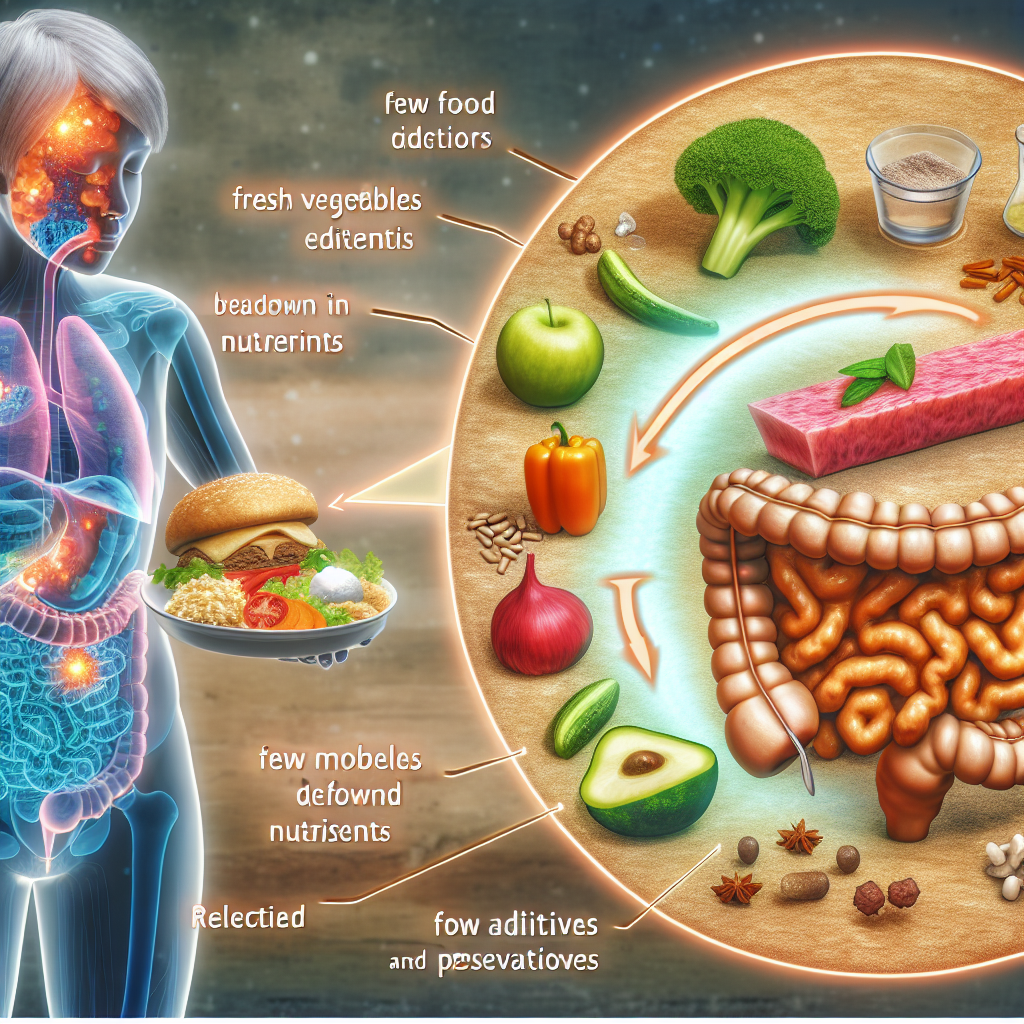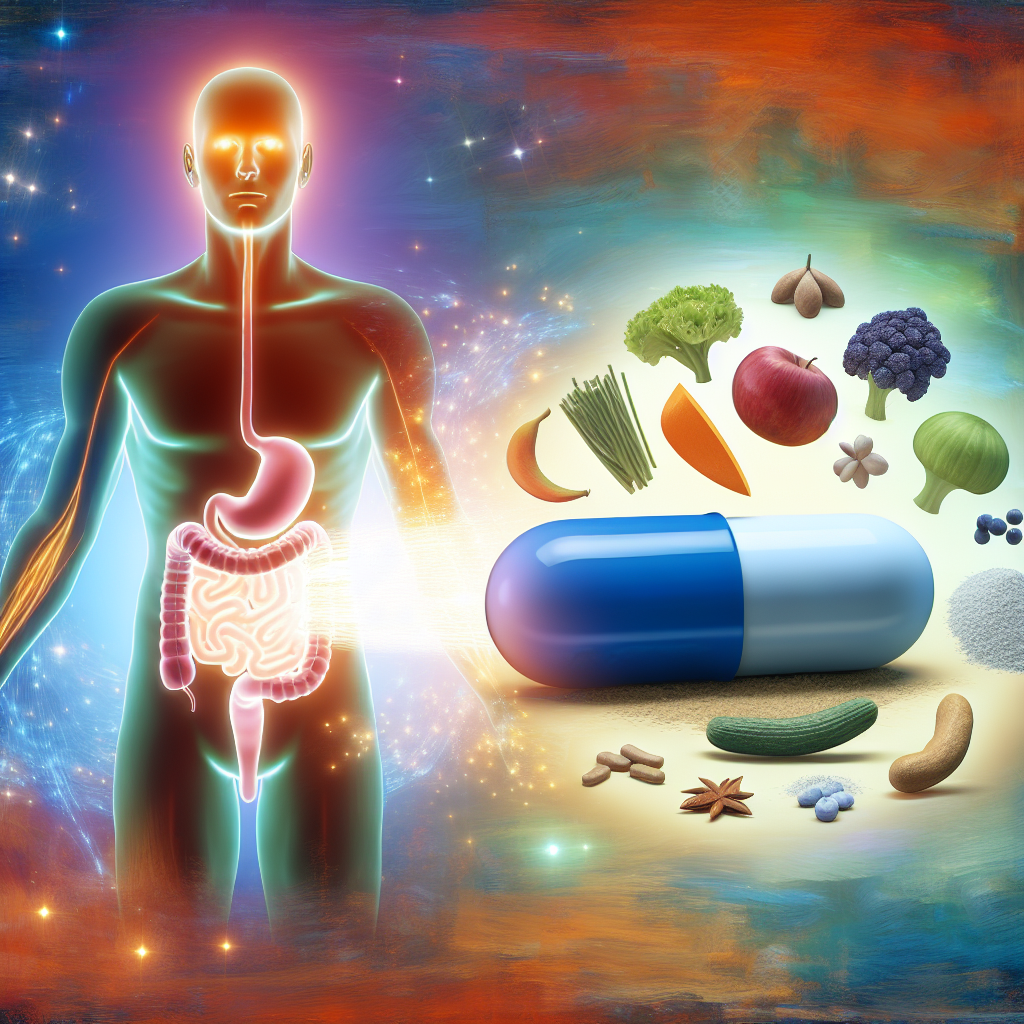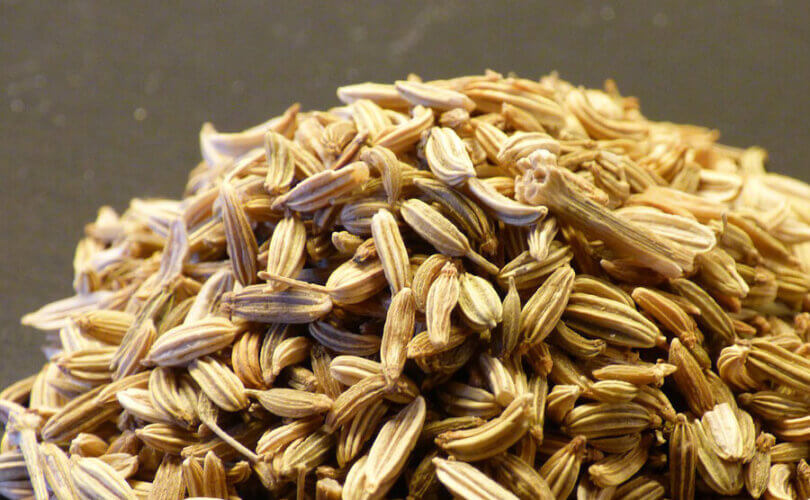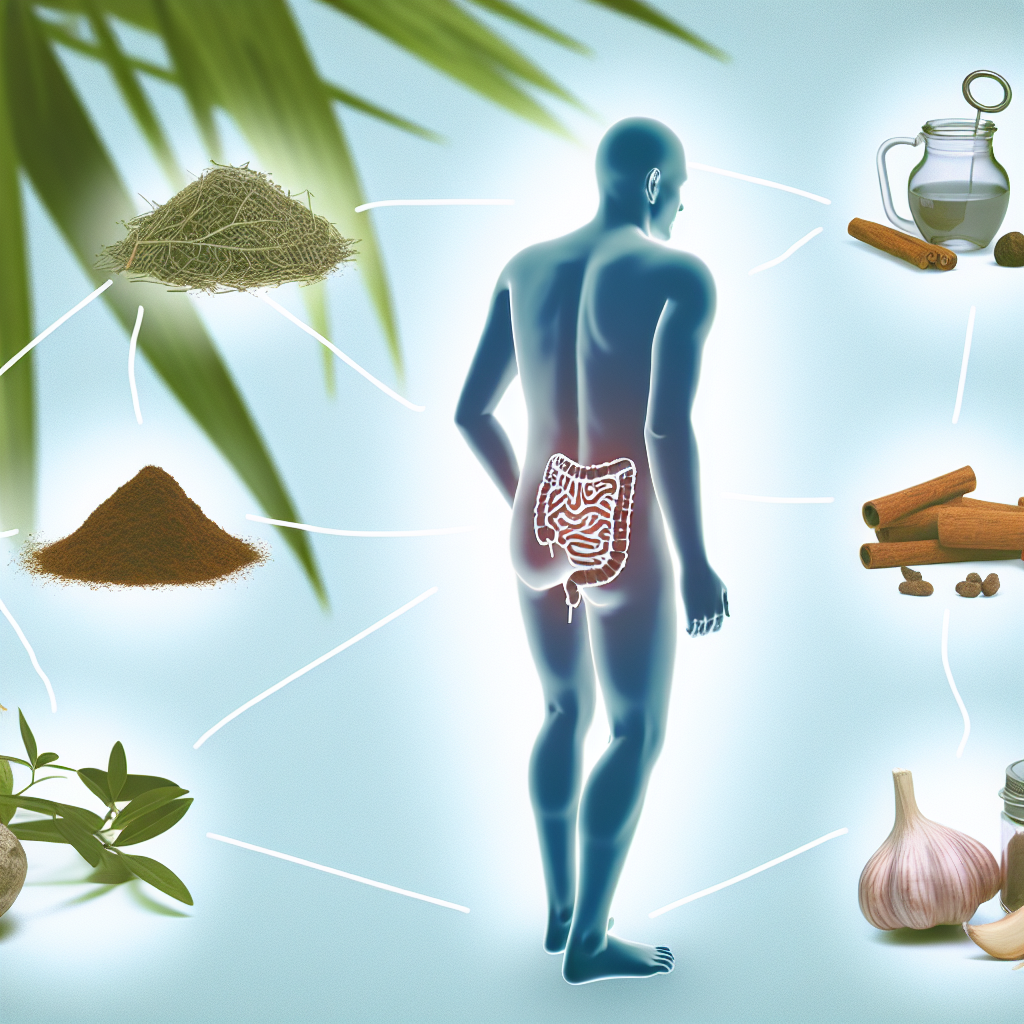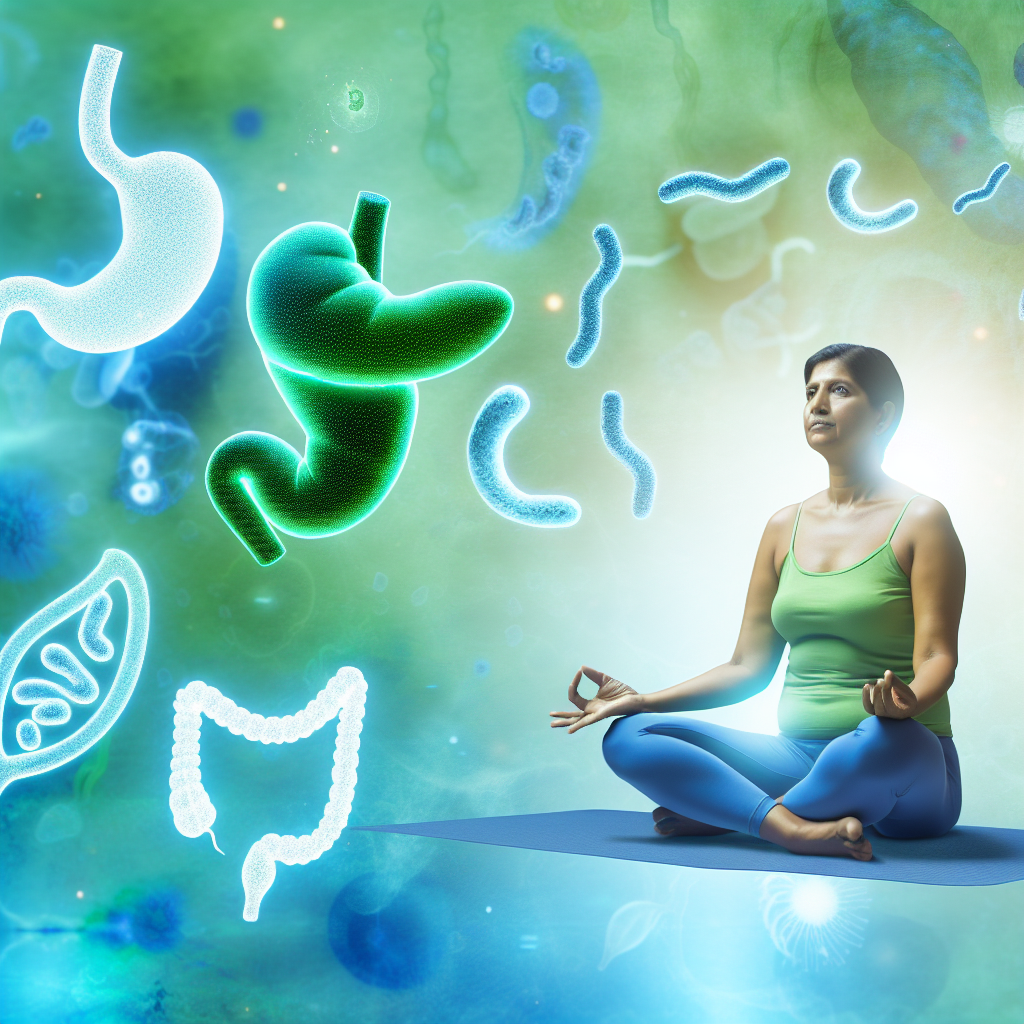Here is the cleaned up and expanded blog post:
Gut Reactions to Common Food Additives and Preservatives
Published on: | By: GutNow Team
Modern Convenience vs. Microbial Chaos: The Gut’s Hidden Battle
In today’s fast-paced world, highly processed foods are more accessible and appealing than ever before. The convenience of prepackaged meals, snacks, and beverages is a tempting solution for busy lifestyles. However, many of these products are laced with a variety of food additives and preservatives that may have unintended consequences for your gut health. Though their primary function is to enhance flavor, color, and shelf life, more evidence is emerging to suggest that these compounds can disrupt the delicate ecosystem of our gut microbiome — and ultimately contribute to digestive problems and inflammatory diseases.
Our gut is home to trillions of microbes—bacteria, fungi, and viruses that work in tandem to metabolize food, synthesize vitamins, regulate the immune system, and combat pathogens. Disruption in the composition or function of this microbiota—referred to as gut dysbiosis—has been linked to conditions like irritable bowel syndrome (IBS), inflammatory bowel disease (IBD), leaky gut syndrome, type 2 diabetes, and even mental health disorders such as anxiety and depression.
Natural health enthusiasts are increasingly turning to herbal remedies and gut-friendly dietary practices to protect and restore gut health. Understanding how synthetic chemicals like food additives may affect your digestive system is a critical first step in making informed dietary choices. Whether you’re dealing with digestive discomfort or simply wish to optimize your health, learning how common food preservatives influence gut physiology can be a powerful tool in improving your overall well-being.
Inside the Additive Attack: What Science Reveals About Emulsifiers, Preservatives, and Sweeteners
Emerging studies suggest that certain food additives can negatively impact intestinal health by altering the gut microbiota or directly harming the intestinal lining.
Emulsifiers May Be More Inflammatory Than We Thought
One of the most thoroughly researched food additive classes are emulsifiers. Emulsifiers like carboxymethylcellulose (CMC) and polysorbate 80 are added to foods to improve texture and extend shelf life. A landmark study published in Nature (2015) demonstrated that dietary emulsifiers disturb the gut microbiota in mice and promote intestinal inflammation similar to that seen in Crohn’s disease and colitis. The study found that these additives reduced microbial diversity and increased the representation of pro-inflammatory bacteria, highlighting how even low doses may alter gut microbiota and increase intestinal permeability—a condition often referred to as “leaky gut.” Read the study here.
Artificial Sweeteners: A Bitter Truth for Gut Balance
Another concern is artificial sweeteners, particularly sucralose, aspartame, and saccharin. A 2014 investigation published in Nature by Eran Elinav and colleagues reported that artificial sweeteners modified gut bacteria in ways that induced glucose intolerance in both mice and humans. These sweeteners may not be entirely inert, as previously believed, but instead play an active role in reshaping the gut microbial ecosystem and impairing metabolic health. Explore the research.
Popular Preservatives May Suppress Beneficial Flora
Preservatives such as sodium benzoate and potassium sorbate, widely used in soft drinks, salad dressings, and condiments, can also negatively impact gut flora. A 2020 study in Frontiers in Microbiology found that these substances may inhibit the growth of beneficial gut bacteria like Lactobacillus and Bifidobacterium, essential for maintaining gastrointestinal barrier integrity and producing protective short-chain fatty acids. Learn more.
Colorful Dyes, Serious Side Effects?
Furthermore, synthetic food dyes such as Red 40 and Yellow 5 have been associated with increased intestinal permeability and systemic inflammation in experimental studies. Though human studies are limited, the potential for disruption remains a growing concern.
These findings collectively underscore the need for caution when consuming products with long ingredient lists or unpronounceable substances. Frequent ingestion of such additives may shift the gut microbiome toward a pro-inflammatory state, contribute to gut lining degradation, and worsen or precipitate chronic gastrointestinal diseases.
Healing the Gut Naturally: Smart Choices and Herbal Allies
The impact of food additives and preservatives on gut health is a growing area of scientific inquiry that cannot be overlooked. While these substances may seem harmless in small amounts, repeated exposure through a standard modern diet may gradually disrupt gut homeostasis. Emulsifiers, artificial sweeteners, preservatives, and colorants have all been shown to negatively influence the gut’s microbial landscape, increase intestinal permeability, and fuel inflammation.
For those seeking natural cures and herbal treatments to support gut integrity, the first step is awareness. Reading food labels, avoiding ultra-processed goods, and choosing whole foods rich in fiber, polyphenols, and probiotics can help restore balance to your microbiome.
Herbal allies that may support gut health include:
- Ginger: Soothes digestive distress and reduces inflammation.
- Turmeric: Contains curcumin, a powerful anti-inflammatory that supports gut lining resilience.
- Licorice Root (DGL): May help protect and repair the stomach lining.
- Slippery Elm: Provides a mucilaginous coating that can soothe inflamed tissues in the digestive tract.
By minimizing harmful additives and integrating nourishing natural remedies, you can foster a resilient and vibrant digestive system—one meal at a time.
References
- Chassaing, B., et al. (2015). Dietary emulsifiers impact the mouse gut microbiota promoting colitis and metabolic syndrome. Nature. Read here.
- Suez, J., et al. (2014). Artificial sweeteners induce glucose intolerance by altering the gut microbiota. Nature. Read here.
- Muhialdin, B. J., et al. (2020). Preservatives Effect on Gut Microbiota. Frontiers in Microbiology. Read here.
- FDA Overview of Food Additives. Visit FDA resource.
For more information on natural remedies and holistic approaches to gut health, check out our in-depth guides and expert tips at GutNow.com.
Summary:
Many common food additives and preservatives found in processed foods can negatively impact gut health by altering the gut microbiome, increasing intestinal permeability, and promoting inflammation. Emulsifiers, artificial sweeteners, and preservatives have all been shown in research to disrupt the delicate balance of gut bacteria, leading to conditions like irritable bowel syndrome, inflammatory bowel disease, and metabolic disorders. To support a healthy gut, it’s important to minimize consumption of these synthetic ingredients and incorporate gut-healing herbs and whole, fiber-rich foods into your diet.

Dominic E. is a passionate filmmaker navigating the exciting intersection of art and science. By day, he delves into the complexities of the human body as a full-time medical writer, meticulously translating intricate medical concepts into accessible and engaging narratives. By night, he explores the boundless realm of cinematic storytelling, crafting narratives that evoke emotion and challenge perspectives.
Film Student and Full-time Medical Writer for ContentVendor.com
